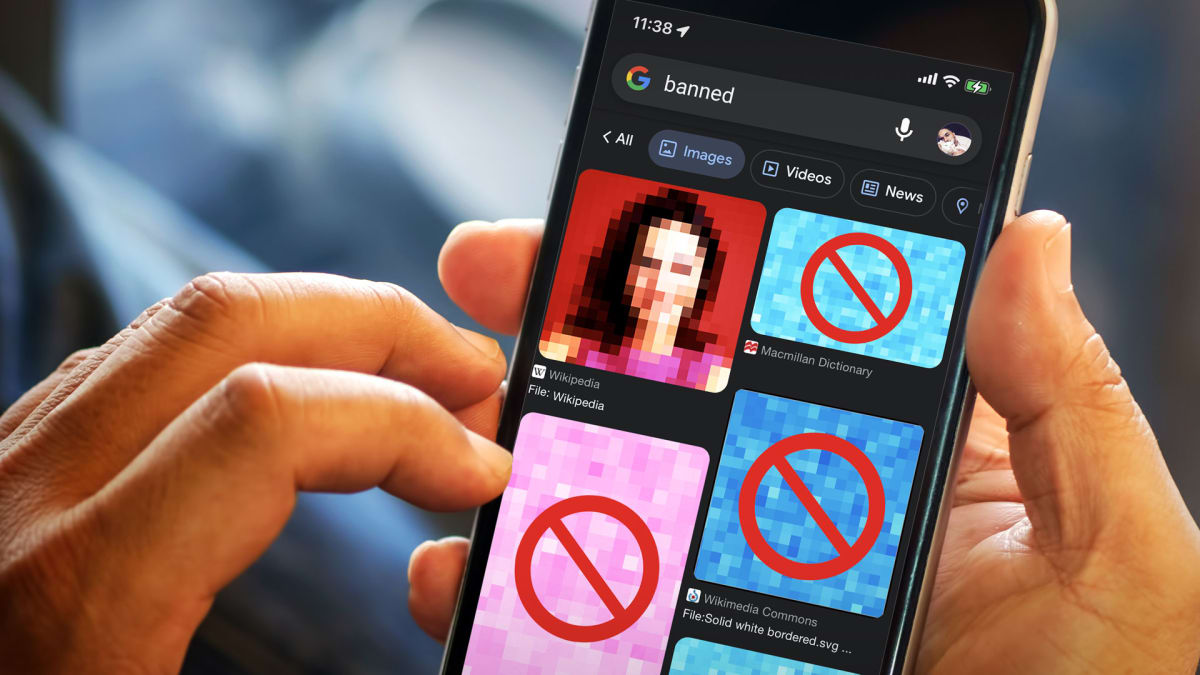
If you go to Google right now and type "naked woman" into an image search, the search engine will obediently give you what you ask for.
However, the company is about to make explicit imagery harder to find (much to the relief of parents everywhere), just in time for Safer Internet Day, which is on Feb. 7.
In a post on Google's official blog, Jen Fitzpatrick, senior VP for Google Core Systems & Experiences, announced the company's plans for a new safeguard to protect users from seeing things they shouldn't.
"SafeSearch filtering is already on by default for signed-in users under 18, but soon, a new setting will blur explicit imagery if it appears in Search results when SafeSearch filtering isn’t turned on," Fitzpatrick said. "This setting will be the new default for people who don't already have the SafeSearch filter turned on, with the option to adjust settings at any time."
Google has offered SafeSearch since 2009, which the company itself admits isn't perfect: "While it isn’t 100% accurate, it helps filter out explicit content in Google search results for all your queries across images, videos, and websites," the SafeSearch support page reads.
Google also offers a system called Family Link that gives the parent solo control of the ability to switch SafeSearch on or off.
If you're not already aware of how to use SafeSearch, it's fairly easy to enable. All you have to do is go to Google's homepage, log in, and choose settings in the bottom right corner. From there, select search settings and the first item on the page is the option to turn SafeSearch on or off.
Google Pushes Forward on Privacy
Along with the enhanced SafeSearch options, Google also announced a few other new things to improve the safety of your user experience.
One of them is the option to use biometric authentication to fill in a password you've saved in Google Password Manager, which would come in handy in case someone got a hold of a computer you are already logged into.
Google is also working on adding Face ID authentication to the Google app, making it a lot harder to access private data if your phone is lost or stolen.
Lastly, Google is trying to make it much more difficult for your credit card numbers to be stolen when used online thanks to virtual card numbers, which encrypt your real credit card number. Google already offered this option to Capital One cardholders, and it announced that now they are available to American Express cardholders as well.







